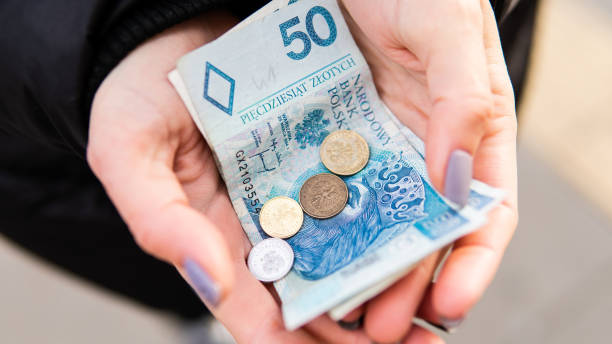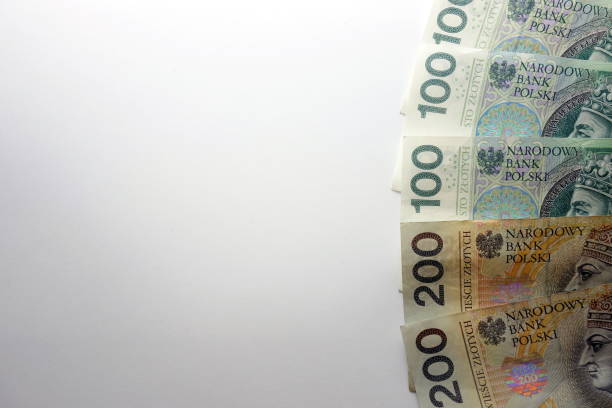How much pocket money should a child get? Housewives recommend their pocket money for children from 5 to 24 years of age. Opinions have long been divided on how much pocket money one should give children. As a point of reference, we have therefore collected the recommendation for pocket money in this article.
How much pocket money do children get?
A child’s pocket money depends mainly on their age, the environment, and their costs. Pocket money in particular at the age of 16 is a sensitive issue. That’s why we’re giving you some advice on what to look out for. In the following list, you will therefore find valuable tips on how to find out the perfect pocket money. Also, note the guide on How to save during school time.

1. Children up to 5 years
At this age, dealing with money is not yet developed, which is why you should be given little or no pocket money. The recommendation for pocket money is 1 euro per month, which is completely sufficient here.
2. Children pocket money from 6-9 years
At this age, most children ask for their first real pocket money. This should also be granted to you, but one should not overdo it. It is best to start with 4 euros and increase the children’s pocket money by 2 or 3 euros every year.
3. Pocket money from 10-12 years
Most children start middle school at this age and feel grown-up. For this reason, it is advisable to give them 15-20 euros a month from now on. This is enough to buy something of your choice at the school kiosk or on the way home.
4. Children 13-15 years old
Money management is becoming more and more important, so while they should be given a little more money, they should also be encouraged to manage their own money. The pocket money recommendation here is 25-30 euros per month.
5. Adolescents aged 16
When it comes to pocket money for young people aged 16, it is important whether the child goes to secondary school or starts a job. If the child decides to go to school, he should be given 100 euros a month, which should also be used to finance his lunch at school. If the child decides to go to work and earns its first money itself and actually no longer needs any money from its parents. Here you should not go higher than 45 euros.
6. Pocket money for young people aged 17
Most young people start saving for a driver’s license and a car and of course hope for the support of their parents. The recommendation here is to either finance the child’s driver’s license in one fell swoop or to increase their pocket money a little.
Depending on your choice, the money can vary from 100-150 euros. However, this only applies if the child has embarked on a school path. Apprentices usually have enough money to finance their driver’s licenses themselves.
7. Young adults aged 18-19

Actually, 18-year-olds are of legal age and are no longer children. They should still be supported financially as most have yet to find a foothold in the working world. However, one should not increase the pocket money so that you are in a hurry to earn your own money. The recommendation here is still 100-125 euros. However, once they have found a job, it is no longer advisable to give them pocket money.
8. Adult children up to 25 years old
It looks different from point 7 when the children decide to study. If necessary, they should be given financial support for their studies. However, how much support you get is up to you and depends on where and how long the adult is now studying. Here it is best to arrange the pocket money with your child personally. Also, note our guide on how to master homework independently and without stress.


















